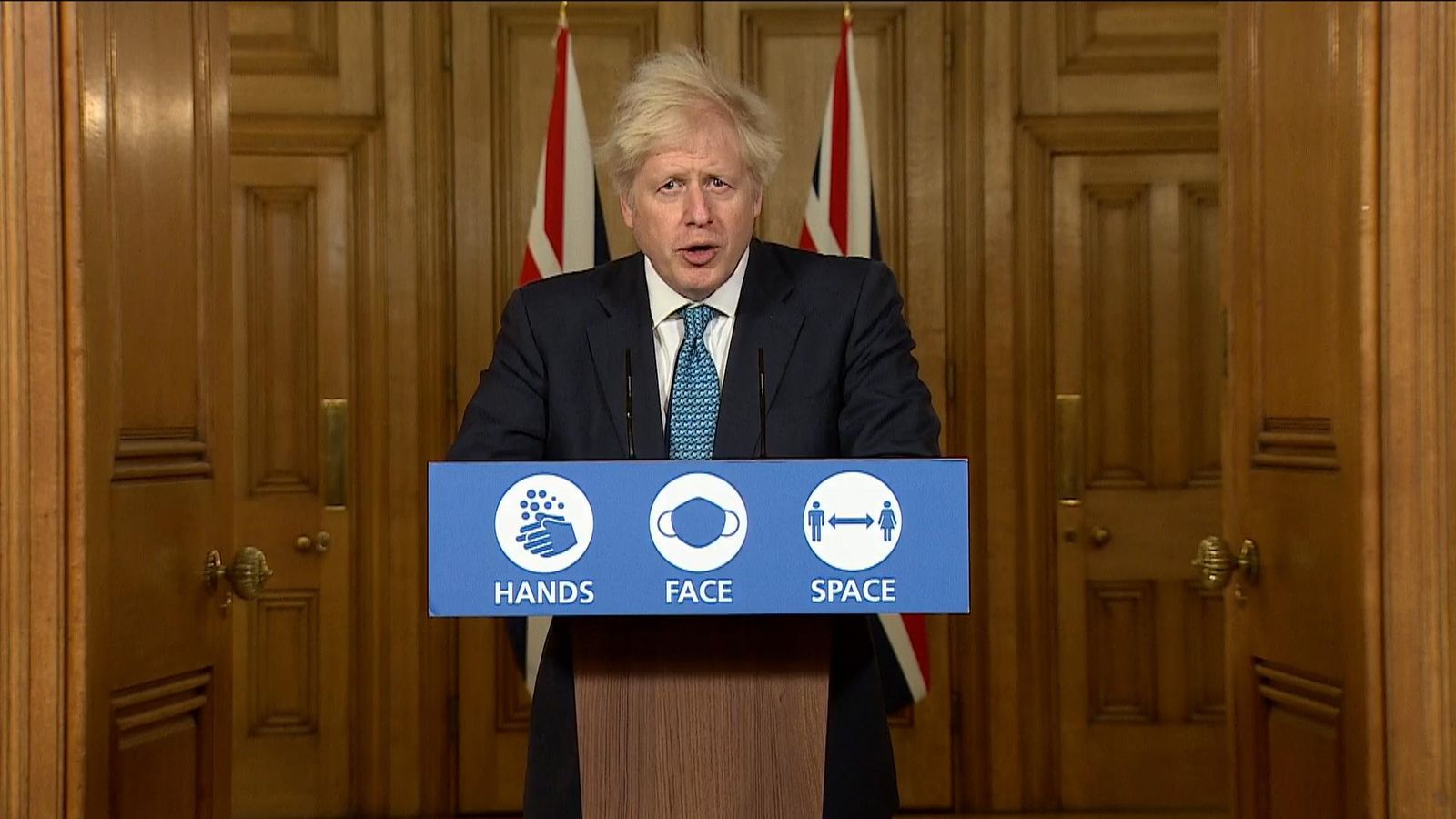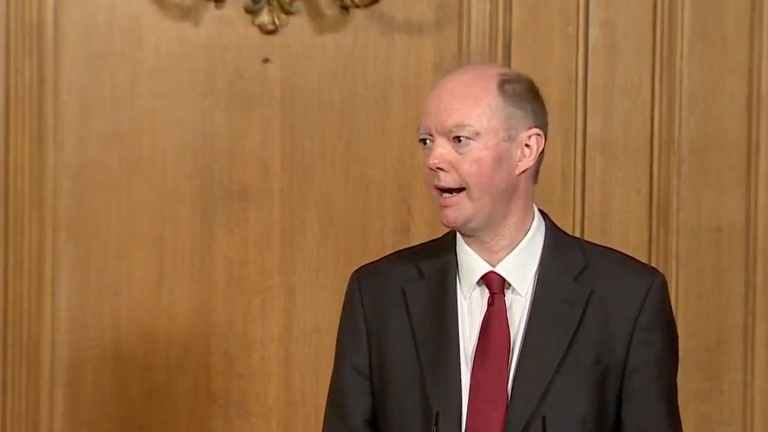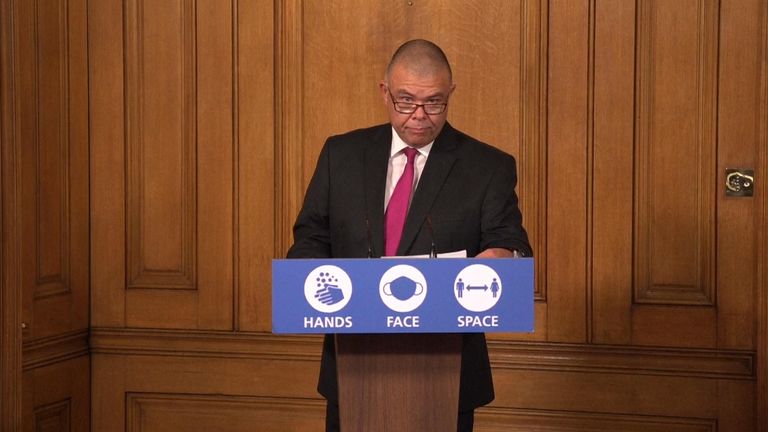Boris Johnson has been slammed by MPs for being too secretive about the scientific advice that informed lockdowns and the tier system in England.
The prime minister has been warned that transparency is essential for allowing scrutiny of scientists’ advice and promoting public confidence in lockdown decisions.
The warning comes in a hard-hitting report by a committee of MPs that complains there was too much secrecy around the SAGE committee of scientific advisers last year.
SAGE, the Scientific Advisory Group for Emergencies, has been hugely influential throughout the pandemic and some Conservative MPs claim the government has relied too heavily on its advice at times.
Some leading SAGE members have become controversial figures, with Professor Neil Ferguson, the epidemiologist widely credited as the architect of the first national lockdown in the spring, being dubbed “Professor Lockdown” for his tough recommendations on coronavirus curbs.
The report, by the Science and Technology Committee, says the system of scrutiny has improved, but there needs to be openness about new advisory bodies such as the Joint Biosecurity Centre.
The Tory-dominated committee claims the government failed to learn lessons from other countries on Test and Trace and the isolation of people who test positive for COVID-19.
The MPs also express concern about the government presenting statistics in a misleading way, and urge ministers to take care to maintain public confidence in them.
“There is nothing to fear from openness,” said Tory MP Greg Clark, who chairs the committee.
He added: “The more transparent data, analysis and conclusions drawn are, the better it is for policy making and for public confidence.
“SAGE began with too little transparency and has improved by publishing its membership, minutes and papers. Similar openness should apply to new bodies like the Joint Biosecurity Centre.”
Mr Clark’s committee also accuses the government of being too secretive about the impact of the pandemic and lockdown measures on people’s livelihoods and children’s progress in school.
“The government should disclose the assessment it makes of the impact of measures it is considering on livelihoods, education and wellbeing as it now does with epidemiological analysis,” Mr Clark, a former cabinet minister, said.
“This will be especially important when ministers eventually weigh choices of when it is appropriate to begin to lift the current restrictions.”
The committee’s report is the result of analysis of the way the government received and applied scientific evidence and advice during the period of the coronavirus pandemic up to autumn 2020.
On openness, the report says: “Transparency of scientific advice is essential to allow – in the scientific tradition – rigorous scrutiny and promotes public confidence in decisions made in accordance with it.
“The initial arrangements around SAGE were not open enough.”
On learning lessons from other countries, the MPs complain: “A more explicit evaluation by public health authorities of the operational practices in other countries – such as test, trace and isolate measures in certain Asian countries – should have been made.”
But the committee pays tribute to the prime minister for sharing his Downing Street news conferences with top advisers such as England’s chief medical officer Professor Chris Whitty and chief scientific adviser Sir Patrick Vallance.
The trio’s appearances have become known as “Boris and the boffins” and another top adviser, the straight-talking deputy chief medical officer Professor Jonathan Van-Tam, has become something of a cult figure.
“It has been important and reassuring for the public to see and hear directly from senior scientists and that should continue,” the report says.
Mr Clark concluded: “This pandemic has been the greatest test of the way in which the UK government takes, and acts on, scientific advice in living memory.
“We believe that the government has been serious in its intention to obtain and act on rigorous scientific advice, and that scientists – led by the chief scientific adviser and chief medical officer – have given outstanding service in providing analysis and explaining it to the public.
“In the weeks ahead we will set out further considerations on specific areas including the test and trace system, and vaccine development and roll out.”




